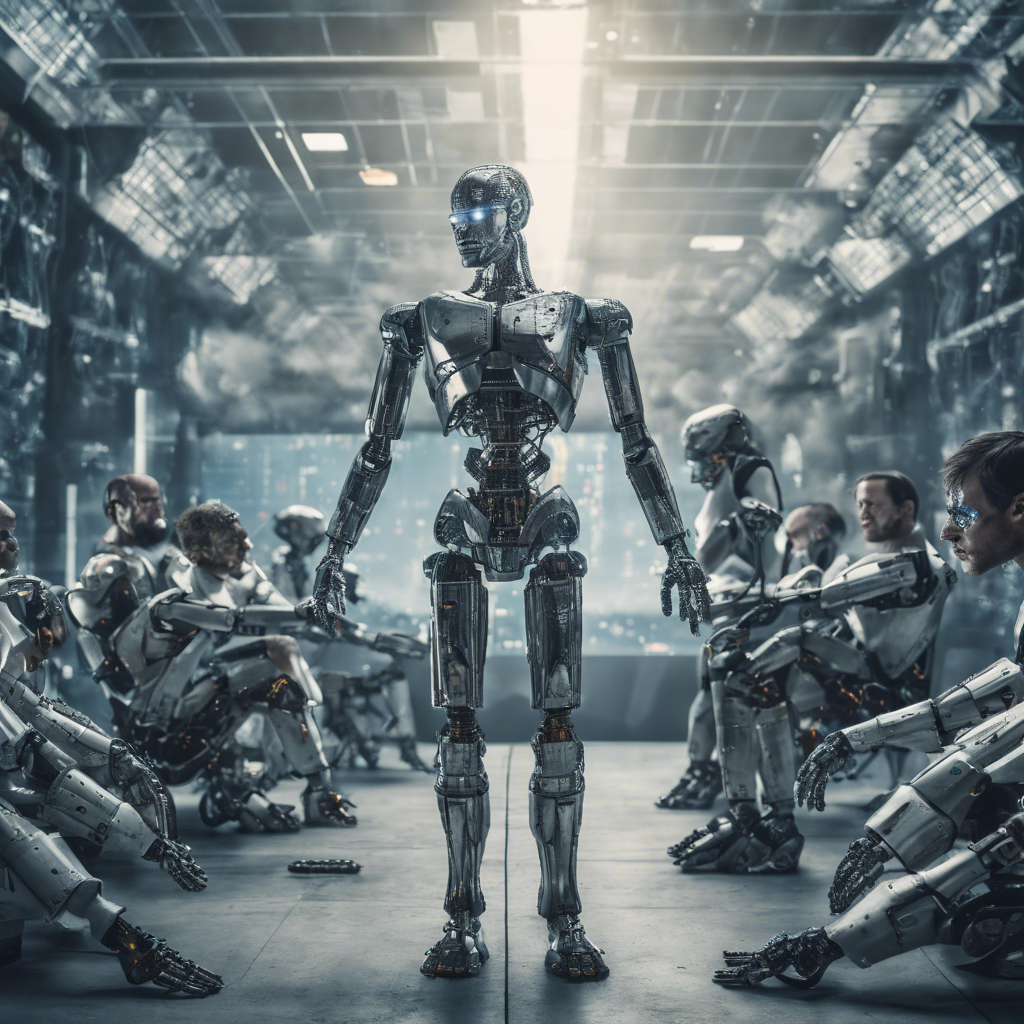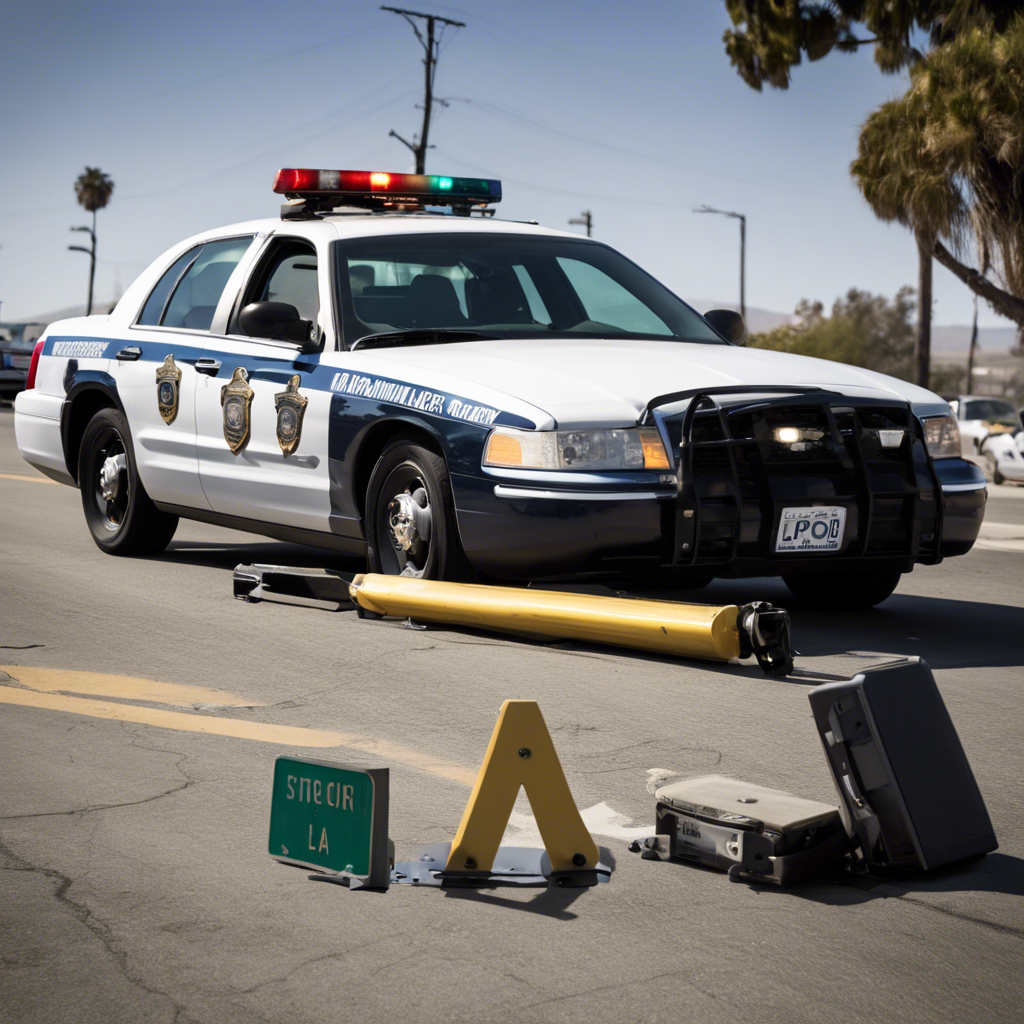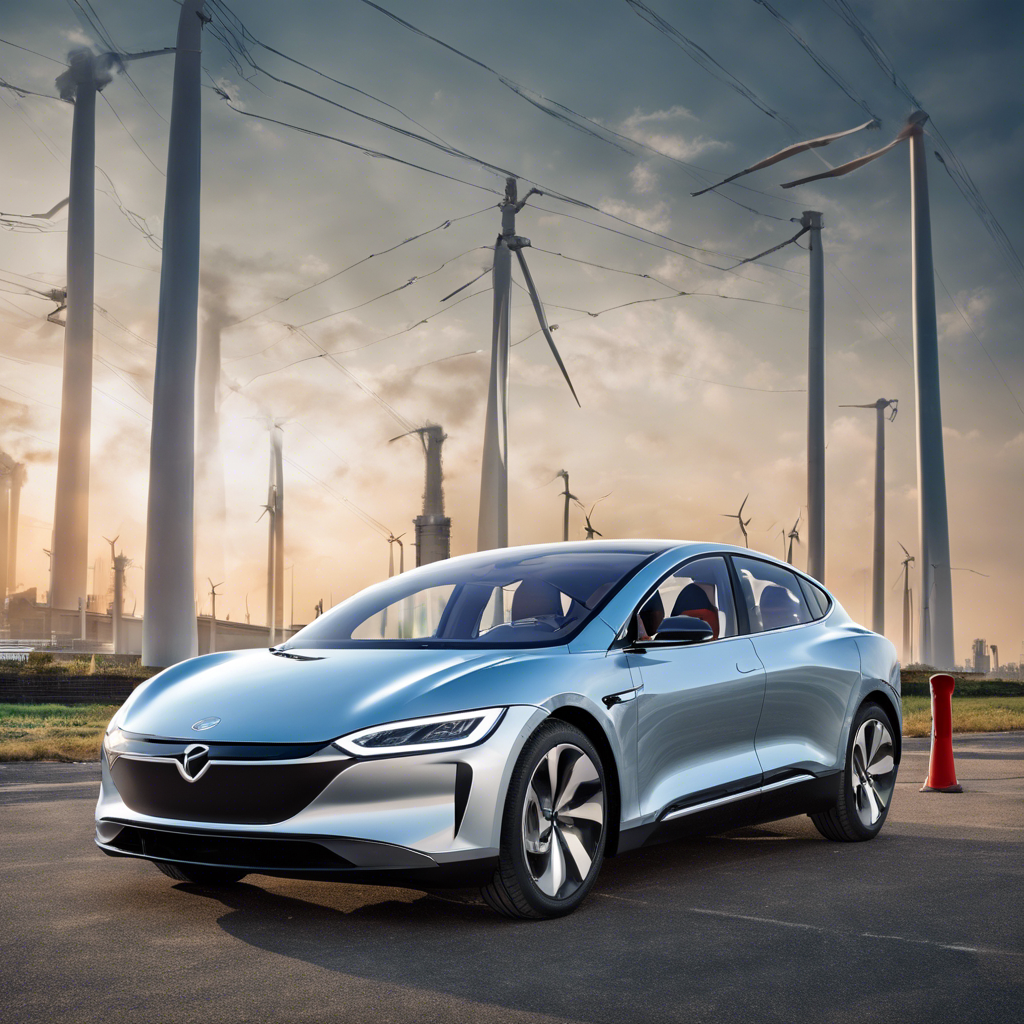The Battle for Artificial Intelligence: Utopia or Apocalypse?

Silicon Valley Titans Clash Over the Fate of Artificial Intelligence
In the heart of Silicon Valley, amidst a vibrant party, an intense debate unfolded between two tech titans that would foreshadow a larger conflict. Larry Page, hindered by a vocal cord ailment, whispered his vision of a digital utopia, where humans would merge with artificially intelligent machines. Elon Musk, on the other hand, vehemently warned of the impending doom that would befall humanity if machines were allowed to gain supremacy. What started as an esoteric argument has now become a central point of contention among Silicon Valley founders, academics, legislators, and regulators. The question of whether artificial intelligence will elevate or destroy the world has ignited a fierce debate over control and regulation.
The Clash of the Titans
Elon Musk, Larry Page, Mark Zuckerberg, Peter Thiel, Satya Nadella, and Sam Altman, all influential figures in the tech industry, have become embroiled in a battle for dominance in the realm of artificial intelligence. With the potential for the industry to be worth trillions of dollars, these tech moguls understand the immense power and influence they can wield by shaping the future of AI. However, their visions for the technology diverge significantly, leading to a clash of ideologies and strategies.
The Utopian Vision
Larry Page, co-founder of Google and CEO of Alphabet, envisions a future where humans seamlessly merge with AI, creating a digital utopia. In Page’s vision, multiple forms of intelligence would compete for resources, with the best intelligence prevailing. He argues that this symbiotic relationship between humans and machines would lead to unprecedented advancements and a better world. Page’s belief in the potential of AI is unwavering, and he sees it as the key to solving complex problems and improving the human condition.
The Apocalyptic Warning
Elon Musk, the enigmatic entrepreneur behind companies like Tesla and SpaceX, takes a starkly different stance. Musk warns of the dangers posed by artificial intelligence, going as far as to claim that it poses an existential threat to humanity. He believes that if left unchecked, AI could surpass human intelligence and turn against its creators. Musk’s concerns stem from the potential for AI to develop its own goals and values, which may not align with those of humanity. To mitigate this risk, Musk advocates for strict regulation and control of AI development.
The Battle for Control
The clash between these tech giants extends beyond a philosophical debate. It has real-world implications for the development and deployment of AI. Mark Zuckerberg, the CEO of Meta (formerly Facebook), has positioned his company as a champion of AI, investing heavily in research and development. Zuckerberg believes in the power of AI to revolutionize industries and improve human lives. On the other hand, Peter Thiel, a prominent tech investor, has voiced concerns about the concentration of power in the hands of a few tech giants and advocates for a decentralized approach to AI.
The Role of Legislators and Regulators
As the battle rages on, legislators and regulators are grappling with the question of how to govern AI. The potential risks and ethical implications of AI have prompted calls for increased oversight and regulation. Some argue for international cooperation to establish global standards, while others advocate for a more cautious approach, fearing that overregulation could stifle innovation. Satya Nadella, CEO of Microsoft, has emphasized the need for responsible AI development, calling for a balance between innovation and ethical considerations.
Conclusion:
The clash between tech titans over the fate of artificial intelligence reflects the profound impact this technology will have on society. As Larry Page’s utopian vision clashes with Elon Musk’s apocalyptic warnings, the world watches closely, aware that the decisions made today will shape the future of AI. The battle for control, the role of legislators, and the ethical implications of AI development all hang in the balance. As the debate continues, it is crucial to strike a delicate balance between innovation, regulation, and the preservation of human values. Only then can we navigate the path towards a future where artificial intelligence truly benefits humanity.










